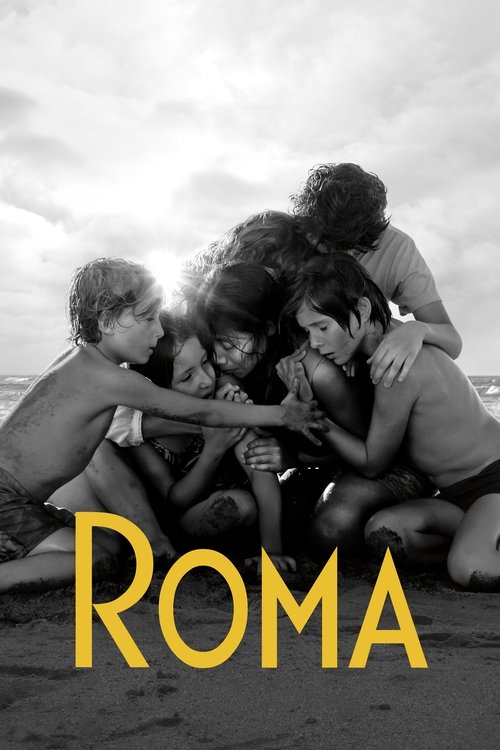
 Roma
— There are periods in history that scar societies and moments in life that transform us as individuals.
Roma
— There are periods in history that scar societies and moments in life that transform us as individuals.
Roma

In 1970s Mexico City, two domestic workers help a mother of four while her husband is away for an extended period of time.





[spoiler] the naked martial arts scene was the first, and then we had the cinema scene, the protest scene, the birth, the saving from the sea, i am speechless of how many unforgettable scenes this movie has... its a true masterpiece[/spoiler]